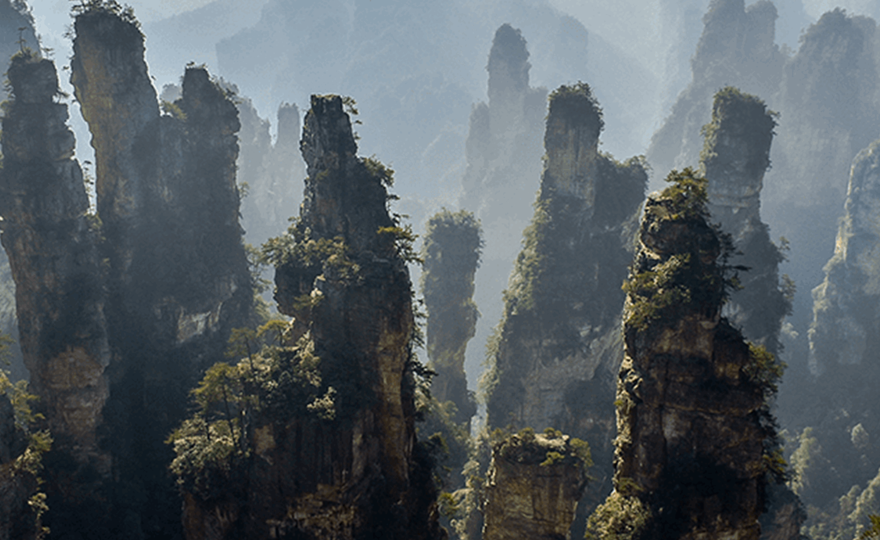ClientEarth Communications
10th May 2021


A recent ruling by a court in Zhejiang Province, South-Eastern China, could herald a new era in which Chinese prosecutors start public interest litigation against those who break climate change policies and laws.
A legal reform in 2017 empowered procuratorates across China to launch public interest litigation. Over half of such cases have so far been in the environmental field, with Chinese prosecutors filing over 150,000 environmental public interest litigations.
This has turned the procuratorates into an important tool in the government’s efforts to curtail pollution and reign in environmentally harmful decisions at the local level. What makes their role particularly valuable is the ability to litigate against government agencies, with the great majority of their environmental cases targeting local government bodies.
The recent ruling, announced on the 24th of March in Deqing County, Zhejiang, targets a local company that was illegally using ozone-depleting substances. The company, which produces insulation material, was found guilty of using freon, a banned substance responsible for ozone depletion.
Despite the company attempting to destroy the evidence, the local procuratorate, working alongside the court and the Ministry of the Ecology and Environment’s local bureau, was able to determine the facts of the case. The company was sentenced to pay over 460,000 Yuan (£50,000) to compensate for the ecological damage it caused, on top of 150,000 to cover the costs of the investigation.
As a deputy to the Provincial People’s Congress who observed the trial was quoted as saying in the official report by the Zhejiang procuratorate: “this case of a civil public interest litigation targeting the illegal use of ozone-depleting substances is the first in the whole country, and it has guiding significance for the handling of similar cases in other parts of China.”
What makes this particularly notable is that the PRC’s Supreme People’s Court categorises judicial cases concerning ozone-depleting substances as a subset of “Climate Change Cases” in its White Book on “China Environmental and Resource Adjudication” for 2019. This means that, by the Chinese judiciary’s own terms, this is the first public interest litigation on climate change initiated by prosecutors, as well as the first one to reach a conclusion.
Another ongoing climate change-related case is one that was initiated by Friends of Nature, a Chinese NGO, in 2018. Environmental NGOs are also allowed to initiate public interest litigations in China, although not against government agencies.
The specific case was brought against two regional power grid companies in North-Western China. Friends of Nature accuses them of violating a renewable energy law that forces grid firms to purchase renewable power wherever it is available. No judgement has yet been passed in this case.
The recent ruling seems to open up the exciting possibility of public interest litigations in the field of climate change, helping to hold to account companies and government bodies that fail to comply with China’s national plans to reach peak carbon by 2030 and carbon neutrality by 2060.
ClientEarth has worked closely with China’s judicial authorities in this area. ClientEarth’s China program and China’s Supreme People’s Procuratorate have worked together to train over 1,200 prosecutors through group trainings and online lectures, as well as four international high-level seminars, four overseas visits, and two joint studies. Topics included pollution control, biodiversity and climate change.